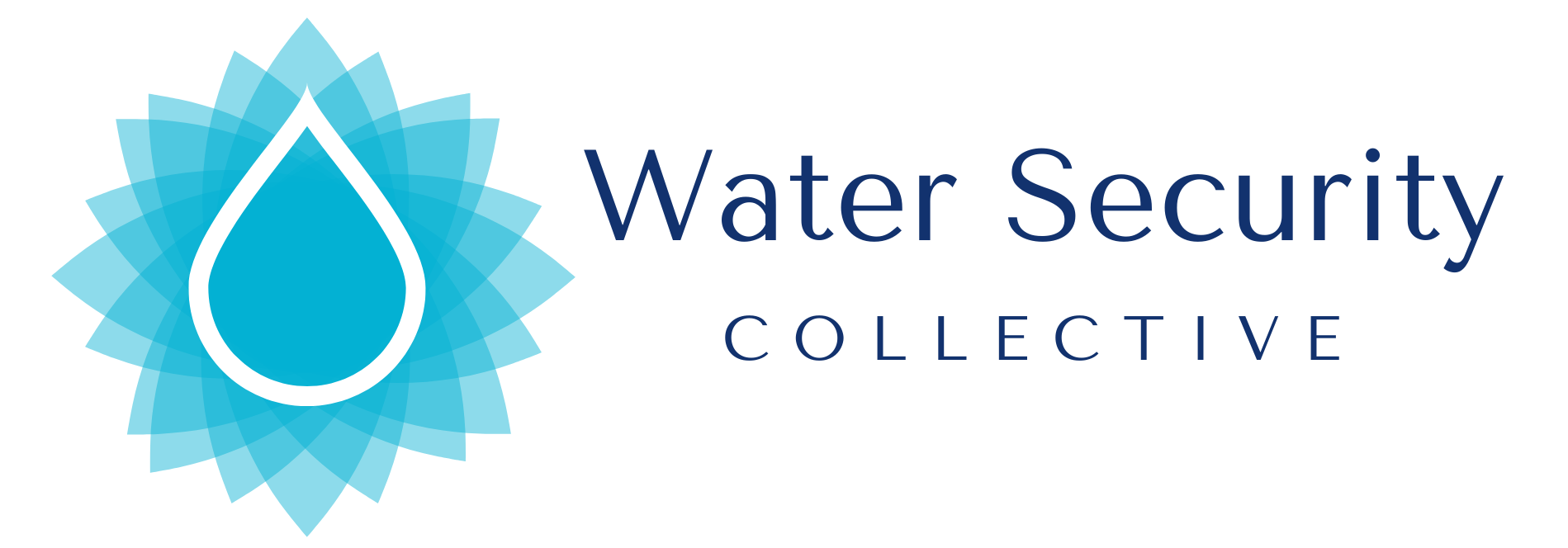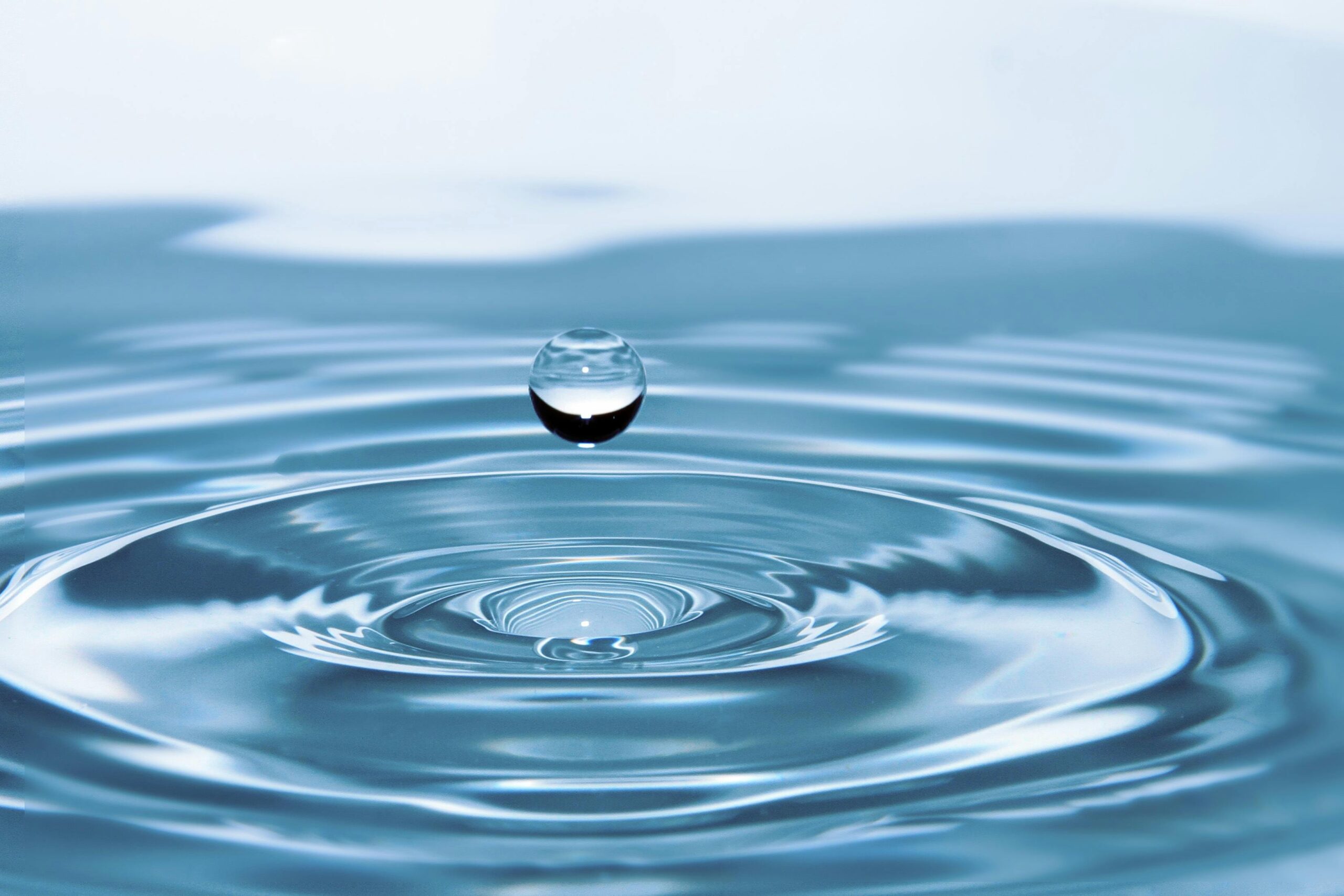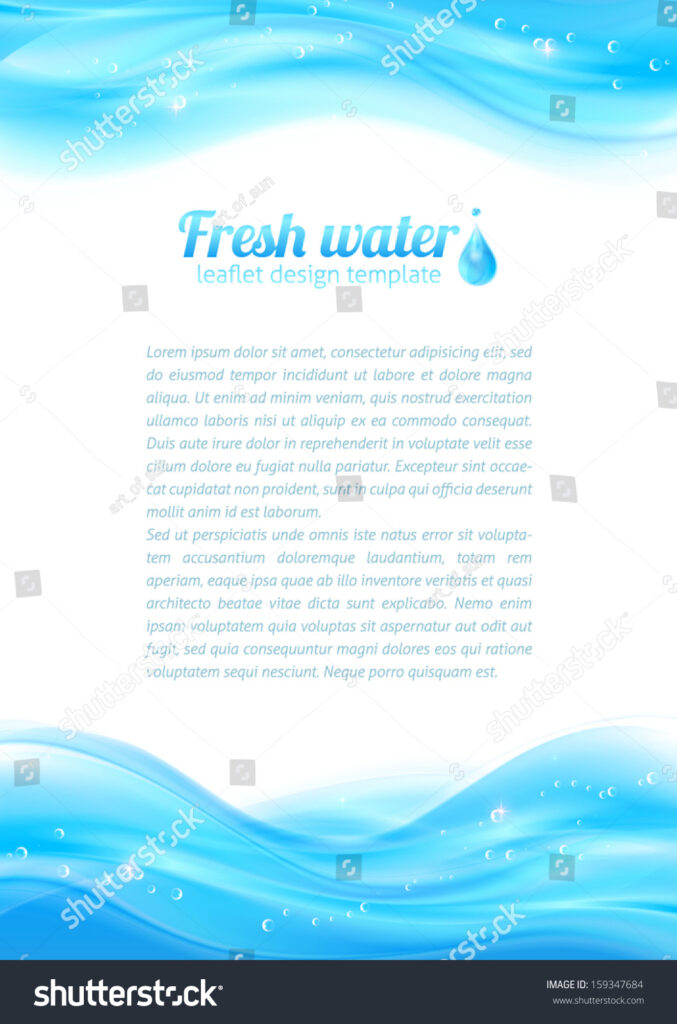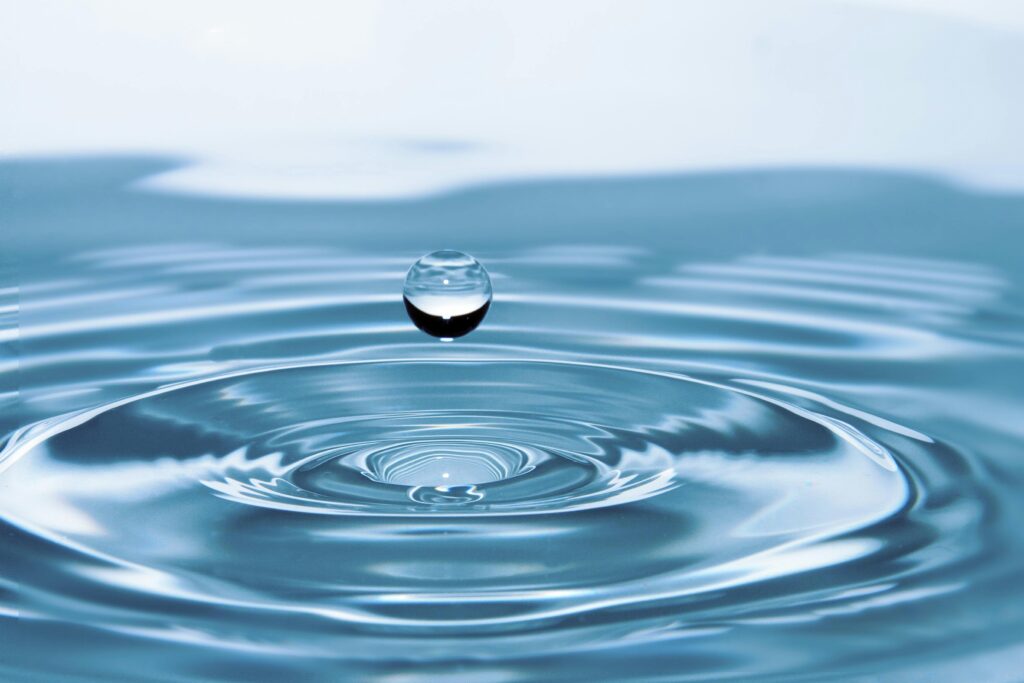One water, circular by nature. This vision set the stage for a knowledge exchange on water and circular economy in Portugal, co-hosted by World Bank Water and Aguas de Portugal. Through site visits, interactive sessions, and vibrant discussions, participants from Morocco, Pakistan, Peru, Serbia, and Viet Nam explored how circular economy principles can address urgent water and climate challenges.
What is a circular economy in water?
Circular economy in the water sector goes far beyond wastewater reuse—it reimagines the entire water cycle. The Water in Circular Economy and Resilience (WICER) Framework, created with financial support from the Global Water Security and Sanitation Partnership, offers a holistic approach, focusing on resource recovery, optimizing operations, maximizing existing infrastructure, integrating nature-based solutions, restoring ecosystems, and producing renewable energy to cut emissions.
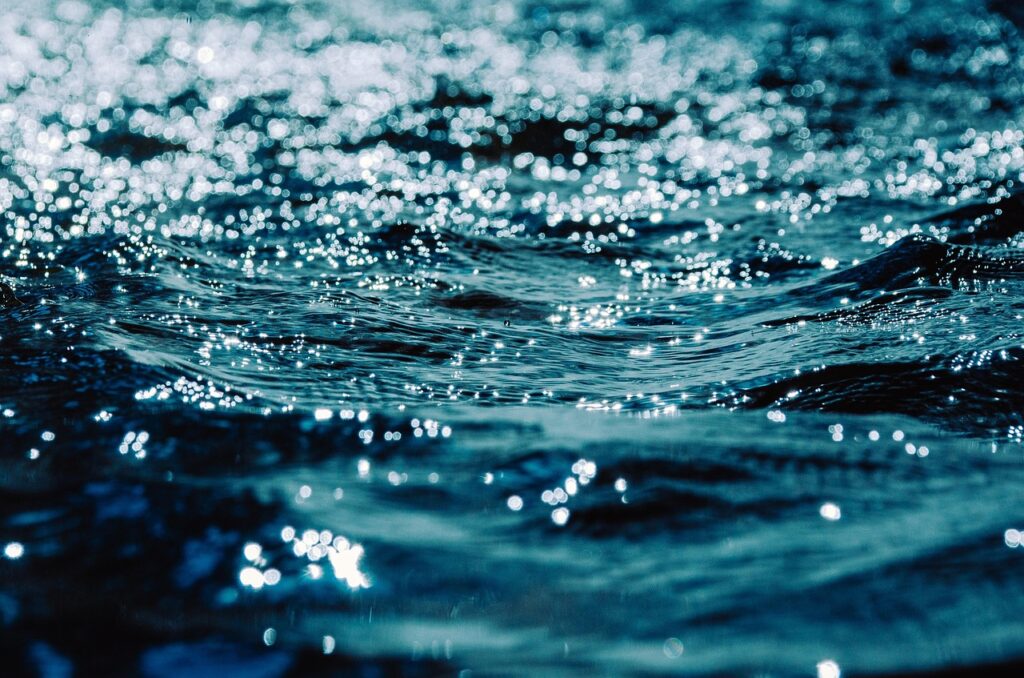
At the event, utilities and countries shared how they are implementing WICER in their contexts—showcasing innovative solutions to build more sustainable, resilient water systems.
The knowledge exchange reinforced our conviction that transforming the water cycle through a circular economy approach is a means to a water-secure future.
What have we learned from our experience?
- A circular economy is a path to climate adaptation and mitigation.
Participants explored how circular economy principles can drive both climate adaptation and mitigation in the water sector. For climate adaptation, solutions like wastewater reuse were highlighted to enhance water security, while green areas and green infrastructure were showcased for their role in reducing urban heat and mitigating flood risks. On the climate mitigation front, discussions focused on generating energy from biogas, reducing methane emissions, and improving energy efficiency. These measures not only cut greenhouse gas emissions but also lower operational costs and unlock opportunities for climate finance. Aguas de Portugal shared its path to energy neutrality. By improving efficiency and producing renewable energy, they are cutting environmental impacts and building resilience to energy price fluctuations and disruptions. - Nature-based solutions can provide multiple benefits.
One of the workshop’s key takeaways was the potential of nature-based solutions in circular water systems. Constructed wetlands, for example, treat wastewater, restore ecosystems, and sequester carbon, while keeping operation and maintenance costs low. They can also provide recreational spaces and boost biodiversity. - Policy drives change.
The workshop highlighted the importance of policies and regulations in scaling up circular economy practices. Peru’s “Hoja de Ruta” (Circular Economy Roadmap for Water and Sanitation) stood out as an inspiring example. The roadmap, endorsed by the Ministries of Housing and Environment, aims to set the stage for implementing circular economy principles nationwide, including the optimization of water use, reusing treated wastewater, generating renewable energy and restoring ecosystems. - People sustain change.
Building a circular future is as much about people as it is about technology or policy. Participants learned that early, inclusive stakeholder engagement is key to the success of the circular economy projects. A standout example came from the World Bank-financed Senegal Water Security and Sanitation Project. The workshop also explored innovative communication strategies, such as creative education campaigns and public initiatives—like making beer from treated wastewater—to engage and build public support.

To support global circular economy efforts in the water sector, we have launched the WICER website (www.worldbank.org/circularwater), offering guidelines, case studies, and training materials. The WICER assessment tool (www.wicer-tool.com) helps practitioners assess a project and identify circular opportunities.
Through partnerships with organizations like Aguas de Portugal, the World Bank continues to help countries achieve water security and resilience. Circular solutions are not just tools—they are essential for building a sustainable, resilient, and equitable water sector.
